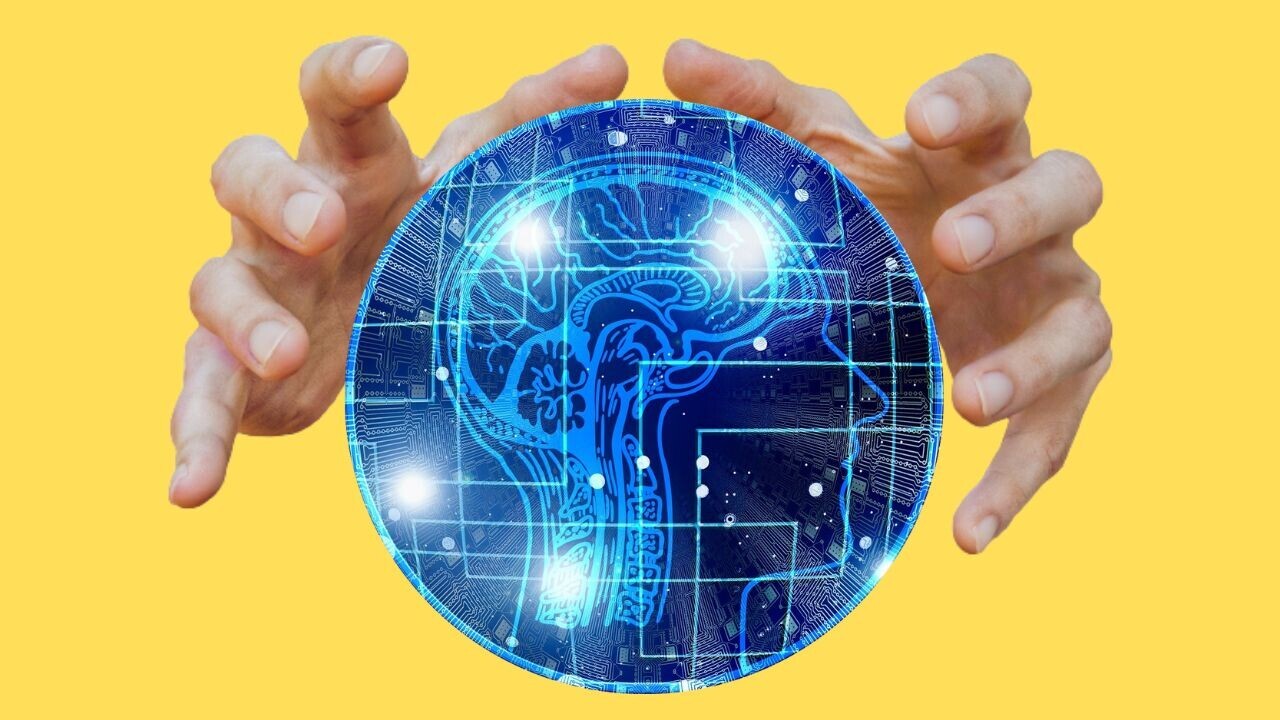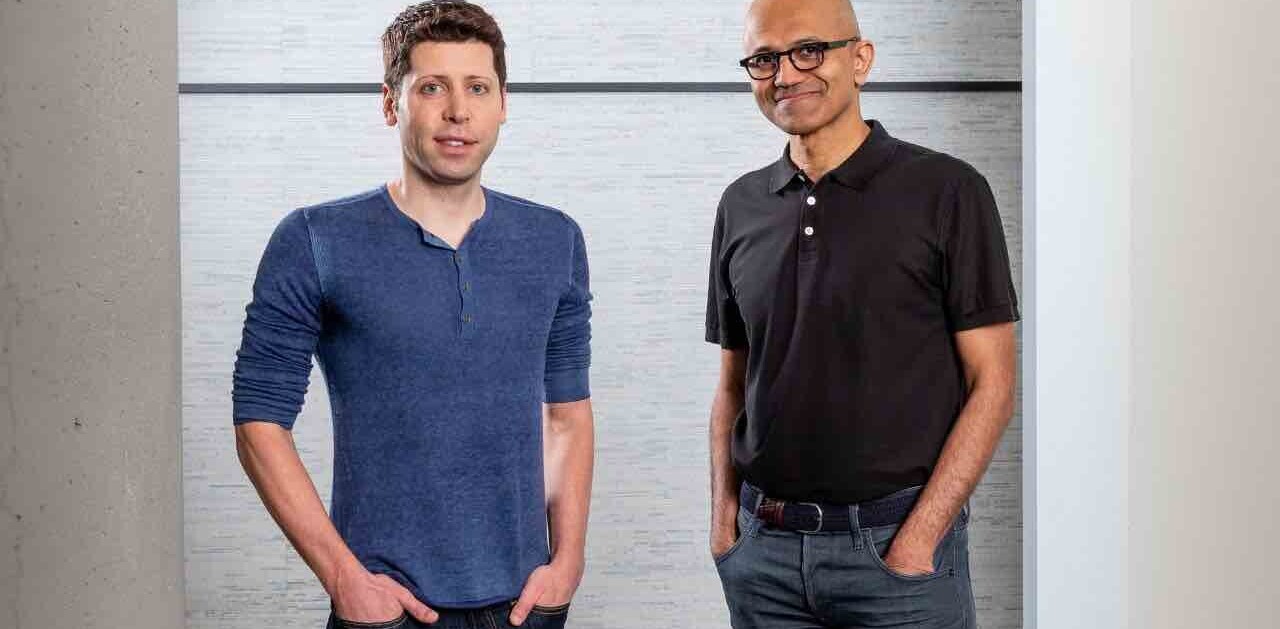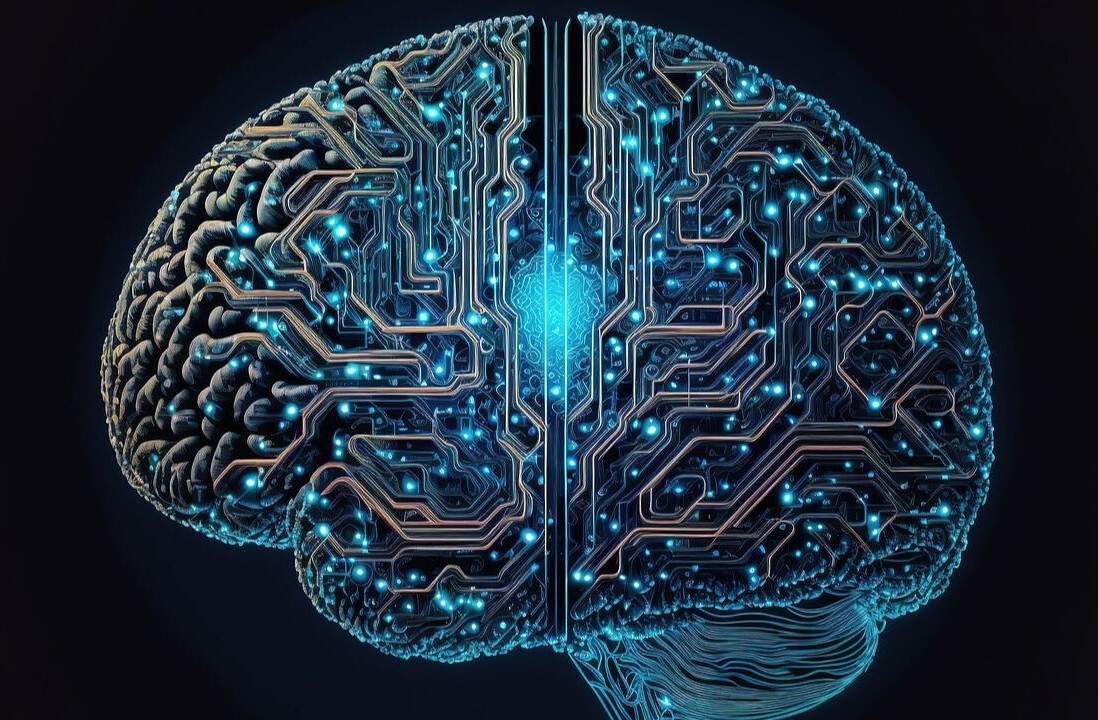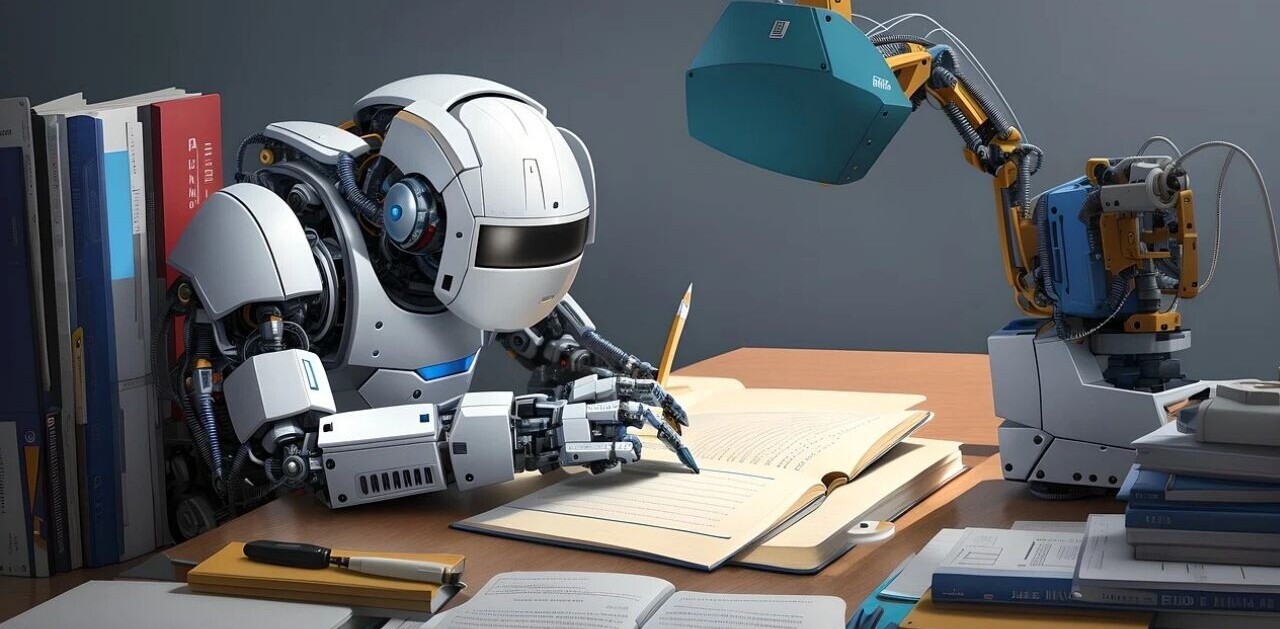
Every tech baron worth their Patagonia vest is talking about AGI these days — albeit with mixed feelings. Some await our robot overlords with rapturous excitement; others anticipate a digital apocalypse.
The divergence stems from varied motivations: personal perspectives, vested interests, and the ambiguity of what exactly constitutes artificial general intelligence.
DeepMind CEO Demis Hassabis defines it as “human-level cognition” — and his opinion carries weight. Hassabis has made the London-based DeepMind one of the world’s leading AI labs, with building AGI as its core mission.
“The progress has been pretty incredible.
This week, the former chess prodigy and video game pioneer revealed his own expectations on AGI’s arrival.
“The progress in the last few years has been pretty incredible,” Hassabis said on Tuesday at the Wall Street Journal’s Future of Everything Festival. “I don’t see any reason why that progress is going to slow down. I think it may even accelerate. So I think we could be just a few years, maybe within a decade away.”
He’s left some wiggle room, yet clearly doesn’t consider AGI a distant prospect. But what about his fellow tech luminaries? Here’s what they predict.
Geoffrey Hinton — Turing Award-winner and ex-Googler
Geoffrey Hinton is so concerned about AI that he quit Google to warn about the field’s risks. In the wake of his departure, Hinton made a fresh prediction on when AI will surpass human intelligence. Ominously, the deep learning legend dramatically accelerated his original forecast of 30-50 years.
“I now predict five to 20 years but without much confidence,” he said on Twitter. “We live in very uncertain times. It’s possible that I am totally wrong about digital intelligence overtaking us. Nobody really knows which is why we should worry now.”
I now predict 5 to 20 years but without much confidence. We live in very uncertain times. It's possible that I am totally wrong about digital intelligence overtaking us. Nobody really knows which is why we should worry now.
— Geoffrey Hinton (@geoffreyhinton) May 3, 2023
Ray Kurzweil — author, inventor, executive, and futurist
Ray Kurzweil, a fabled futurist, loves making predictions — and they’re admirably precise. At the 2017 SXSW Conference in Austin, Texas, Kurzweil gave a typically pinpoint prediction.
“By 2029, computers will have human-level intelligence,” he said. “That leads to computers having human intelligence, our putting them inside our brains, connecting them to the cloud, expanding who we are. Today, that’s not just a future scenario. It’s here, in part, and it’s going to accelerate.”
Ben Goertzel — CEO at SingularityNET and chief scientist at Hanson Robotics
A divisive figure in tech circles, Ben Goertzel helped popularise the term AGI. He’s also prone to bold pronouncements about technology’s future. At a conference in 2018, he added a couple more.
“I don’t think we need fundamentally new algorithms,” he said. “I think we do need to connect our algorithms in different ways than we do now. If I’m right, then we already have the core algorithms that we need… I believe we are less than ten years from creating human-level AI.
Before you flee to the bomb shelter, it’s worth noting that Goertzel isn’t the most sincere forecaster. “It will occur on December 8, 2026, which will be my 60th birthday,” he added. “I will delay it until then just to have a great birthday party.”

Jürgen Schmidhuber — co-founder of NNAISENSE and Director of IDSIA
Often described as the “father of AI,” Jürgen Schmidhuber is notorious for making outlandish claims.
When it comes to tech predictions, Schmidhuber is looking beyond AGI and towards “the singularity.” Broadly, this refers to a time when AI becomes so uncontrollably advanced that it irreversibly changes humanity. What could possibly go wrong?
“[The Singularity] is just 30 years away, if the trend doesn’t break, and there will be rather cheap computational devices that have as many connections as your brain but are much faster,” he told Futurism in 2018.
Yoshua Bengio — professor of computer science at the University of Montreal
Like his friend and fellow Turing Award-winner Yann LeCunn, Bengio prefers the term “human-level intelligence” to “AGI.” Regardless, he’s sceptical about predictions for its advent.
“I don’t think it’s plausible that we could really know when, how many years, how many decades, it will take to reach human-level AI,” Bengio told Professor Toshie Takahashi.
Herbert A. Simon — AI pioneer
A founding father of AI, Herbert A. Simon has the earliest forecast on our list. The Nobel Prize-winner once went so far as to estimate that AGI would arrive by 1985. In fairness, he did make that guess back in 1965. “Machines will be capable, within twenty years, of doing any work a man can do,” Simon said.
Simon’s guess shows what a fickle game tech predictions can be. If you think you could do better, let us know via the usual channels — but do it soon, because the clock is ticking down quickly. Possibly.
Get the TNW newsletter
Get the most important tech news in your inbox each week.





